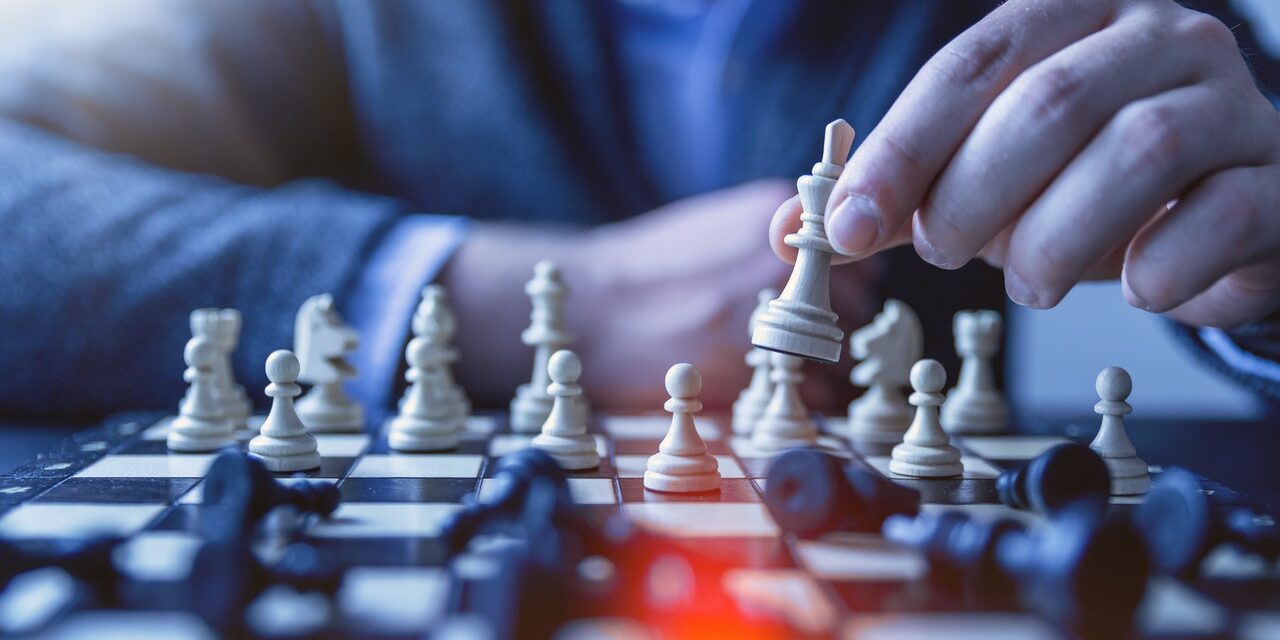I was 30 when I started learning how to use my mind to control my body.
What do I mean by this?
For many years I felt like I fell prey to triggers of biology; sometimes desiring too much of a vice of crutch, sometimes desiring too much of a rush, or not enough.
Now, I’ve recognized how strong my mind is — and that I can use it to control my destiny and more of my reality by orchestrating a life that supports my goals.
Why do we want to control our bodies?
Well, the reality is that all actions in life have consequences. I was taught this in a religious setting as a child, and I hope all people get to a place, no matter where taught, that they realize the reality of choices, good or bad. The consequences are there, whether you like it or not.
I treat and see consequences much like how a doctor would describe; if you eat too much you get fat. If you smoke too many cigarettes, your likelihood of cancer and death increases. A choice is made, and there’s a matter-of-fact consequence.
Some would argue that the outcome or consequence of many choices are gray, or don’t have a direct consequence, which is true — so it’s important for the choice-maker to continually assess choices, do best to see outcomes, and adjust where necessary.
Consequence also comes down to being a personal matter.
For example, I don’t see drinking as a sin that will cause a soul’s damnation, but there’s physical damnation that surely occurs to someone’s body after drinking too much; liver failure, heart problems, and more. I believe in the reality of this consequence, so I practice moderation accordingly.
I can say the same for sleep; if I get enough sleep, I will feel the beneficial consequence of being more well rested and prepared for my day. If I don’t sleep enough, my mind and body will suffer.
Some use the Bible as the rule of consequence, some are to the whim of the wind, with no apparent moral — and others meander the middle, where the whisperings of others sometimes attract them to wandering paths.
Are consequence and morality destined to be eternally intertwined? One, seemingly existing as part of the other. Degrees of morality must be defined by exact, or loose, consequence. An eye for an eye, or forgiven?
As one who was once very religious, then going through a period of no internal compass — I’ve had to find a way to define the morals I live by, a personal manifesto if you will.
The 7 Beliefs — A Personal Manifesto
- I believe in evolving into a better version of self through life.
- I believe in honesty and sincerity to preserve a genuine nature.
- I believe in orderliness to ease the mind and conserve time.
- I believe in perseverance and an unwillingness to give up.
- I believe in finding a purpose for continued joy, often found in service for others.
- I believe in self-control and care for the body through attention and exercise.
- I believe in patience and forgiveness for self and others when deserved.
These are my morals.
Will I live by them? I’ll succumb to the consequence, whether practiced or not.





